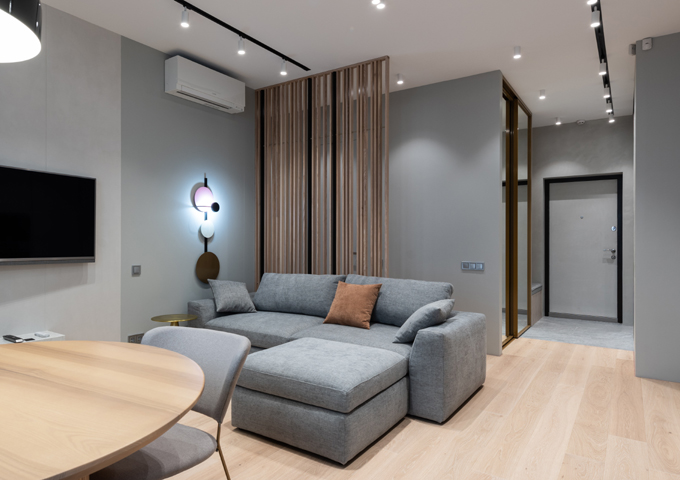Acoustic consultants help regulate the sound. They design and modify buildings, studios, rooms, and offices to meet the needs of their clients. It is difficult to hear about these jobs. It is, however, one of the most rewarding careers.
There is an ideal acoustic environment for every building. That is why acoustic consultants design buildings and spaces to reduce noise disruption. The work of acoustic consultants can help minimize the unwanted noise levels in our offices, homes, and even outside spaces, where we spend most of our time.
What is the Role of an Acoustic Consultant?
Acoustic consultants help to assess, manage, and solve noise and vibration problems in workplaces, homes, and other environments. They use special equipment and methodologies to solve both noise and vibration problems. And they can work in a team of specialists. They help in:
- monitoring and assessing noise sources,
- ensuring the sound levels comply with the regulatory guidelines,
- designing performing art spaces, and
- advising on potential solutions where there are complaints.
It is, therefore, an ideal career for someone who likes to solve problems.
Where Do Acoustic Consultants Work?
Acoustic consultants can work in a wide range of industries. Professionals such as lawyers, marine conservation trusts, sound designers, construction crews, and architects, can employ acoustic consultants. Acoustic consultants advise on the construction of hospitals, schools, offices, and homes. They can also help in designing airports and highways and mitigating the effects of underwater projects on marine life. And they can create a better sound environment in music venues.
Acoustic Consultations not only work on construction sites. They are also hired to retrofit solutions, especially in places where there is noise pollution. There are more buildings in cities and towns across the country. That is why noise is becoming a major problem throughout the country. And legal teams can hire acoustic consultants to help them resolve disputes.
Soundproofing stud walls is the main work of Acoustic Consultants, for preserving our environment. They ensure our outdoor spaces, offices, homes and entertainment venues are comfortable to play, work and live in.
What Qualifications Do You Require?
Here are the minimum entry requirements you require:
- 5 GCSEs at 4-9 or C-A* grade, which include a Science, English and Maths
- 2-3 A’ Levels, which include Physics and Maths
Here are the main two options for entering this career:
- Higher Education
According to the Institute of Acoustics, candidates must get an undergraduate degree in one of the subjects below:
- Acoustics
- Engineering
- Physics
- Maths
Southampton Solent University, the University of Salford, and the University of Southampton are the only universities offering acoustics and acoustic engineering degrees at the moment. It is best to consult the Institute of Acoustics, or UCAs, for more information.
Alternatively, you can study environmental science or music technology. You will, however, need to take another course, like an MSc in Acoustics, to be eligible to apply for specific on-the-job training.
- Apprenticeship
You can become an acoustic consultant through an apprenticeship. It is easy to find these technical jobs on the Internet. However, you need further training before you become a qualified acoustic consultant. You need qualifications, such as A levels, that include science or math, to qualify for an apprenticeship.
Once you decide to enter this profession, you may still need to go to the Institute of Acoustics to get a diploma. Many employers might not hire you if you do not have a diploma. The specialist training provides excellent training in real-world settings.
What Key Skills Do You Require?
This is a technical job. And you will work with professionals across a wide range of industries and even join a team of experts. That is why you will need a wide range of skills to become an Acoustic Consultant.

